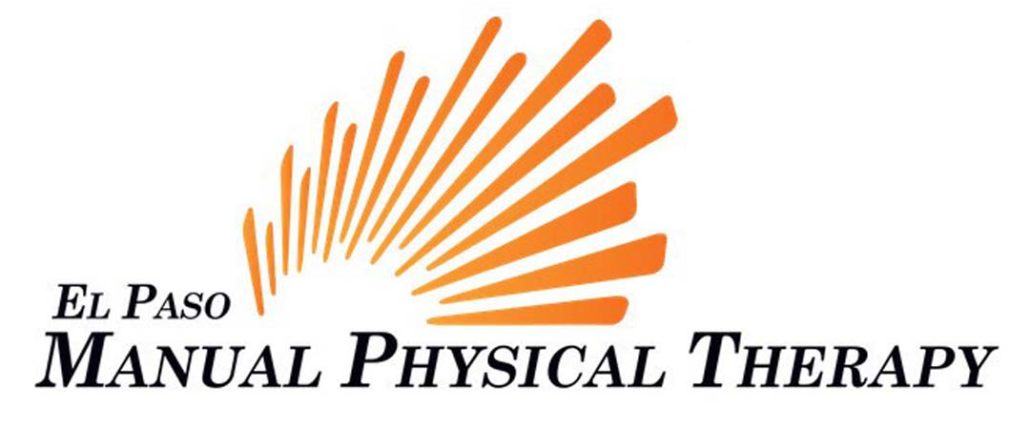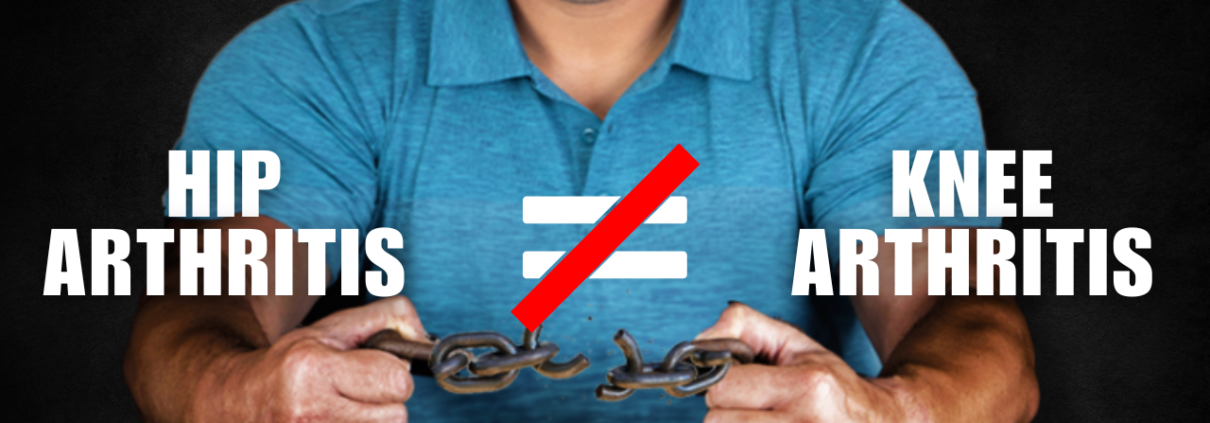Top 3 Things to Avoid With Sciatica
Hey, do you have sciatica? Are you wondering what things you should avoid?
Here are the Top 3 Things to Avoid if you’ve got a Sciatica Problem.
My name is Dr. David Middaugh. I’m an expert physical therapist and I’m the owner of El Paso Manual Physical Therapy.
We’ve been treating people with sciatica problems for a long time and they’re always asking us, “what should I NOT do to make my sciatica problem worse?”
I’m going to share all 3 of those things with you today:
1.) Avoid Stretching
Stretching is such a commonly done thing for sciatica. Many medical professionals tell people with sciatica to stretch, it’s all over the internet! You go to YouTube, search stuff on Google, and so many websites out there recommend stretching for sciatica. Some of the most common stretches done are:
• reaching down towards your toes
• bringing your foot up towards your head
• your knee up towards your head
• a figure four type stretch where you pull your leg towards your chest.
Those stretches tend to stretch out the butt area or the hamstring, but they’re very aggravating for sciatica issues. It doesn’t always come off that way.
And let me tell you how this is counterintuitive; if you think about a situation where you’ve ever hit your shin on a concrete step or something and banged it to where it hurts so much, it might even bleed. Your reflexive reaction is to pick up your leg and put your hand on the area and rub it, yet that isn’t making it heal any faster. You have to realize that it’s not going to make the bump go away any faster.
All it’s doing is tricking your brain from feeling the pain in that moment. The brain’s amazing, it can be fooled so easily at the same time. If you rub your leg, think about this, it’ll take away the pain from hitting your shin for a little while. It’s kind of cool. Same thing is happening when you stretch though.
If you’ve got a sciatica problem and you put yourself through a good stretch and you stretch out that area really well, it’ll kind of take away the pain for a period of time. Doesn’t solve the problem for the long term, but it will reduce the pain or even taken it away for a period of time.
The problem is nerves hate 2 things:
They hate stretching and they hate excessive pressure.
So, when you stretch, you’re actually doing something that’s aggravating to an already aggravated nerve. The trick is, though, that you make some of the other tissues in the area, not feel the pain that you’ve been feeling. So, my advice to sciatica people is avoid stretching!
There are other long-term solutions you can do to make sure that this sciatica problem gets better in a way that’s natural and is helpful, not aggravating.
2.) Avoid Massages
Like the stretching, it’s counterintuitive.
Let me explain; as exampled above, if you were to bump your shin – or let’s use another example; if you bump your head on something and start to get a bump, you rub it and that kind of makes the symptoms feel better. It makes the pain feel better for a little bit. If you rub your hamstring, your hip, your butt muscle, or wherever the muscle is getting stiff and tight, (because that happens with sciatica a lot of times) it’ll make the pain go away for a little while.
Some people go to the extent of seeing a massage therapist to rub the area out super hard to make sure that they get some of the muscle relief. They’ll even buy tennis balls, racquetballs, lacrosse balls or a rolling pin type devices and that can give some short term relief. But if you’ve got a true irritated sciatica and you’re rubbing the heck out of that nerve area, it’s only going to keep the symptoms there longer because nerves don’t like to be aggressively rubbed.
Another example of this is: Have you ever hit your funny bone? The back of your elbow, the kind of inside elbow part. It’s actually a nerve that runs through there. It’s called the ulnar nerve. When you bang it, you give it some increased pressure, and it’ll send a jolt of pain – a zing sensation that goes into your hand.
And using the same example, some people, they have this numbness that comes on after they’ve been holding their phone up to their ear for a while and that’s because that same nerve, the ulnar nerve, the funny bone gets stretched out over your elbow and it can also set off the nerve symptoms as well.
So, avoid stretching and avoid massage!
3.) Avoid Lying Flat on Your Back
This is one of those things that’s highly recommended by a lot of medical professionals out there. They’ll say, don’t lie on your side, don’t lie on your stomach, and they’ll say laying on your stomach is the worst, but then tell you to lie on your back.
Let me tell you why this is wrong. If you think about the things that I just said, about the nerves not liking stretch and pressure. When you lie flat with your legs straight, it actually puts a low level of stretching through your nerves.
You may not feel a bother in the moment, but if you stay like that for hours as you might when you sleep, it’s going to set off some problem in the middle of the night. These people often wake up at 1 or 2 AM with their legs cramping or numbness or tingling, intense pain going through their leg and over time the sciatica problem can get worse.
So what I recommend is lying on your side with your knees and hips bent, kind of like the fetal position, like a halfway fetal position with a pillow between your knees, ideally a thick pillow. Now some people just have such severe sciatica that even lying on your side is going to be aggravating. You might try different sides, but if either side is just aggravating, you need to get some professional help for that side of the problem.
***********************************
The Top 3 Things to Avoid: stretching, massage, and lying flat on your back.
If you’ve got a sciatica problem, you’ve got to avoid those 3 things to make sure that you get some natural resolution to your sciatica issue.
Please explore our website to learn more about sciatica and other ways we help people stay healthy, active, and mobile while avoiding unnecessary surgeries, injections, and painkillers.



